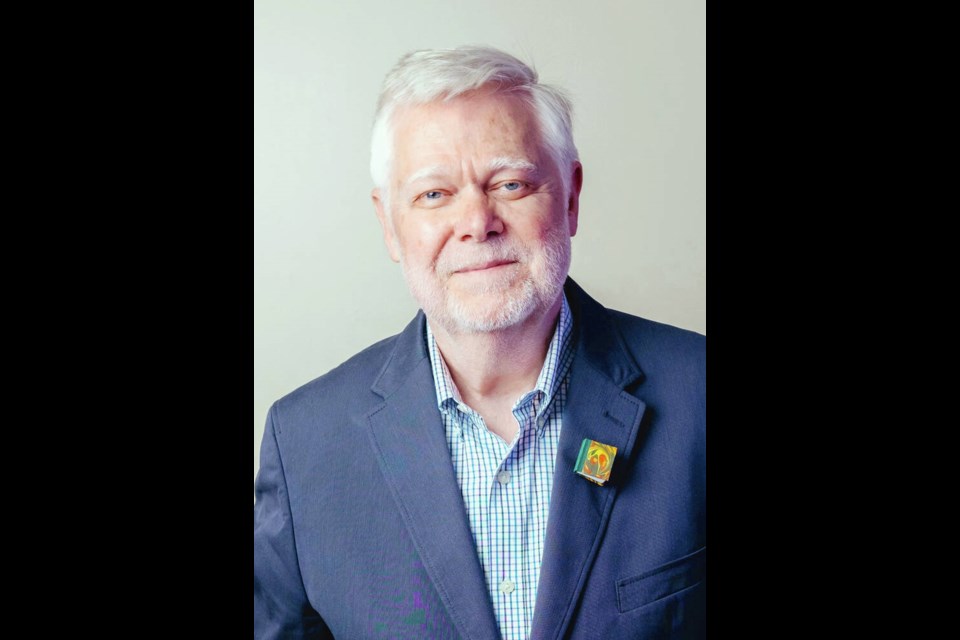A group of international experts will debate the benefits and dangers of artificial intelligence, social media and quantum computing at the University Librarian’s Lecture Friday at UVic.
Development of artificial intelligence began in the 1950s, but it’s only in the last 12 years that the technology has taken off, said Dr. Michael Ridley, librarian emeritus at the University of Guelph and one of the featured speakers.
“It’s definitely an inflection point in history,” Ridley said. “It is transformative because of its power and the amazing things it can do.”
He said academics and scientists have been working on artificial intelligence for years, but the conversations have picked up steam as the concept has become mainstream and the public tries to grapple with the implications of the new technology and how it affects their lives.
He said it all begins with understanding algorithms, instructions that are given to a computer that direct it to perform a task.
“The bottom line is that we all need to become algorithmic literate — to know more about how algorithms use artificial intelligence,” said Ridley, who recently completed doctoral research that explored the challenges of human-centered explainable artificial intelligence.
“Just like information literacy, we need to make algorithmic literacy a core learning skill so that people can use it as well as to protect themselves from it being used against them.”
While some pundits have predicted artificial intelligence will replace people in some fields, Ridley isn’t worried.
“If we look back in history and examine other revolutions, we don’t see a collapse of the labour market,” he said. “There certainly will be change, but there is also job creation. There is a new job position for a prompt engineer — a person who designs prompts for artificial intelligence programs — positions that didn’t exist [before].”
Artificial intelligence has also been quietly operating in the background for a number of years, he said. He uses spam filters as an example, explaining that the number of spam emails people now receive has dropped markedly, thanks to artificial intelligence programs effectively filtering out the bulk of them.
And while more and more is being written through artificial intelligence programs such as ChatGPT, there are fewer ways to hide the fact, he said.
“There are more and more programs out now looking for telltale patterns of an artificial intelligence-generated story,” said Ridley.
Moving forward, people may start putting digital watermarks on documents to vouch for their authenticity, he said.
At the lecture, Ridley will share the stage with Elizabeth Denham, a former U.K. information commissioner and former С����Ƶ Information and Privacy Commissioner; Brewster Kahle, founder and digital librarian for The Internet Archive; and Masud Khokhar, university librarian and keeper of the Brotherton Collection, University of Leeds and Chair of Research Libraries U.K. The lecture will be moderated by Dave Obee, editor and publisher of the Times Colonist.
Registration is required. People can attend the lecture in-person or via Zoom. It runs 3:30 to 5 p.m. Friday in Room 105 of the Harry Hickman Building at the University of Victoria. For more information, or to register, go to




